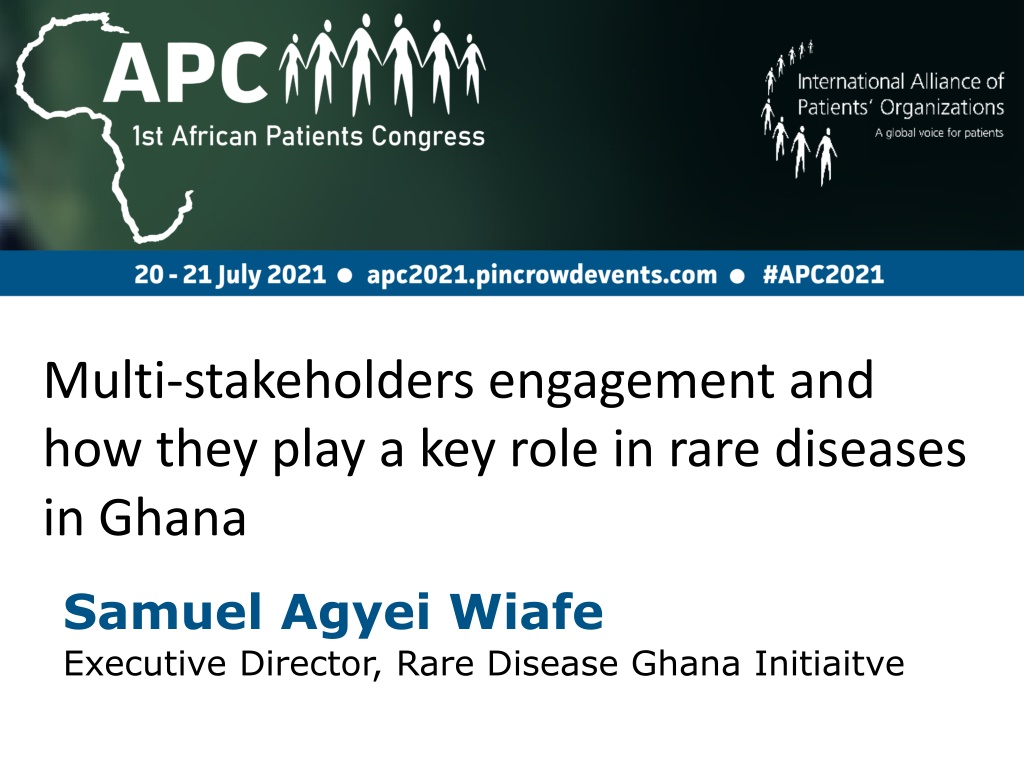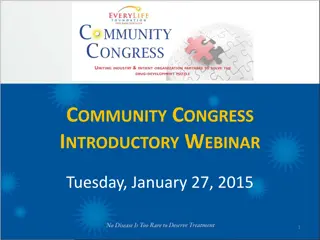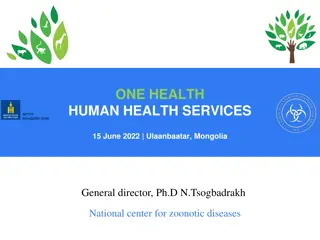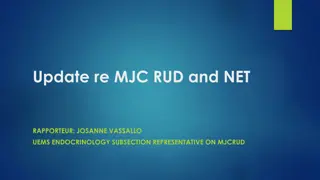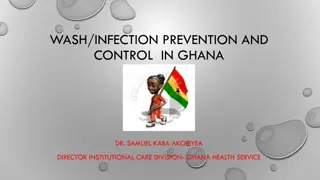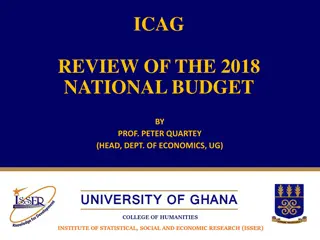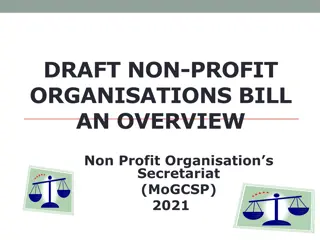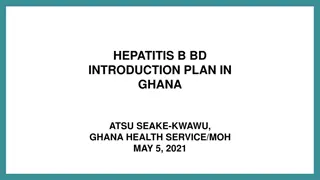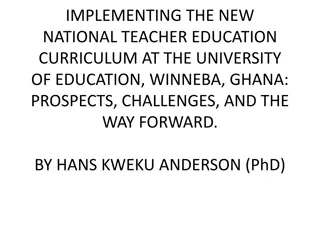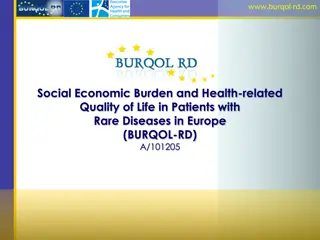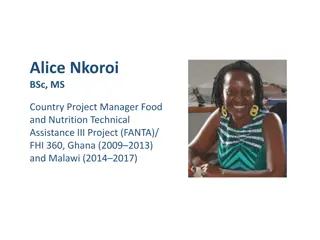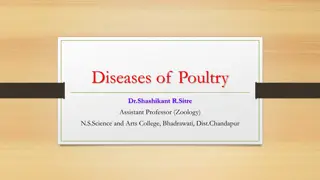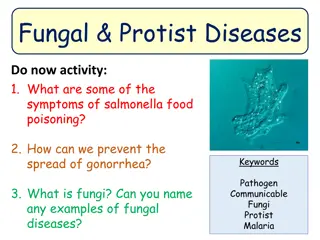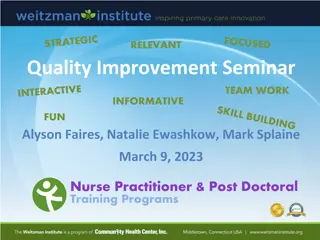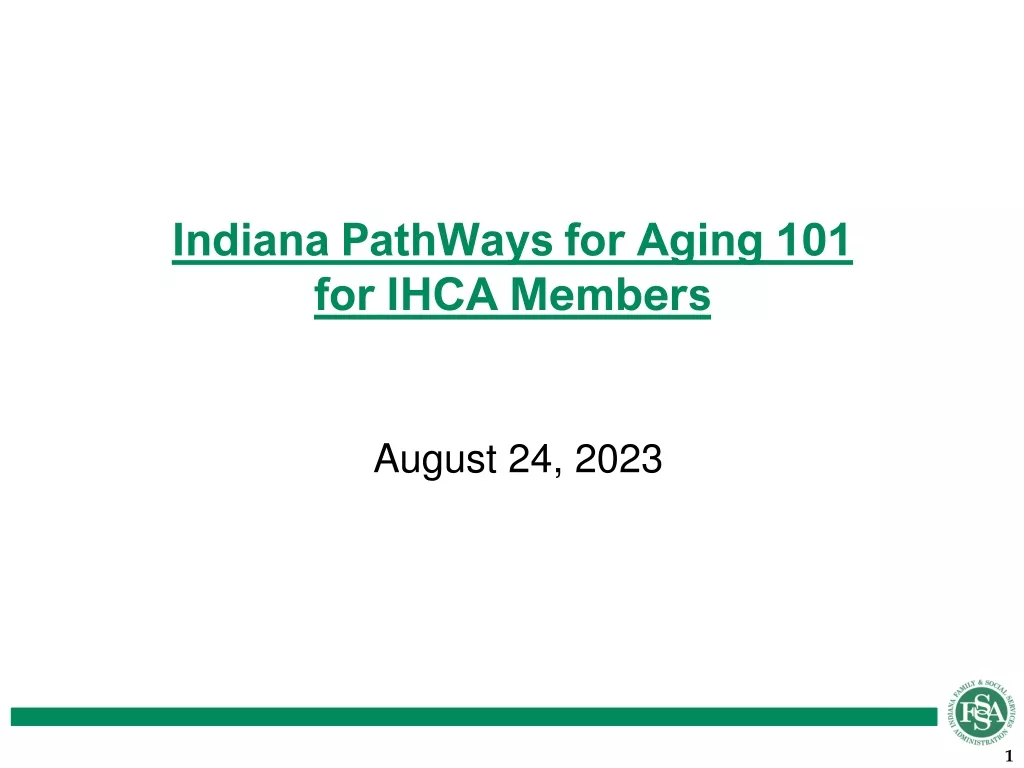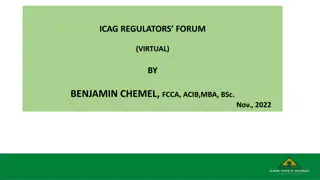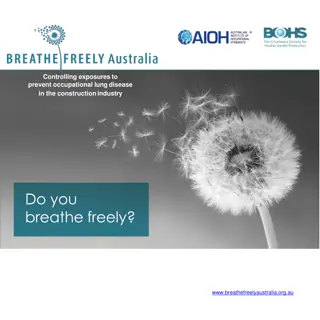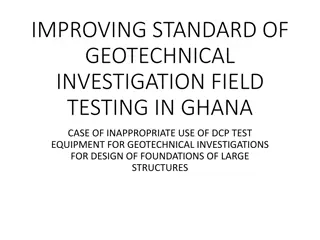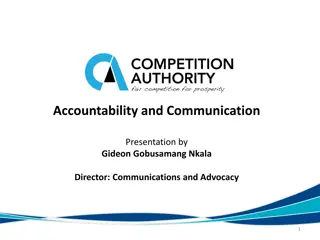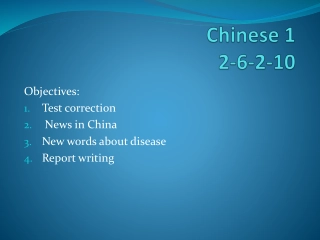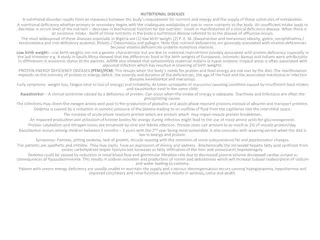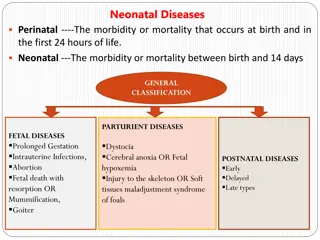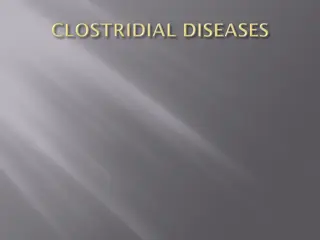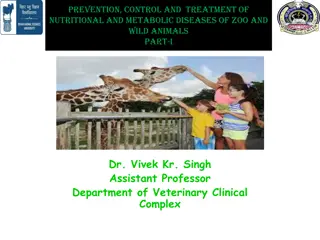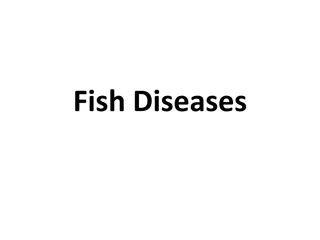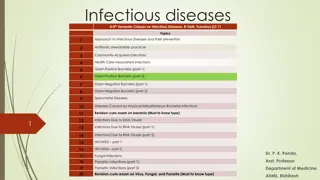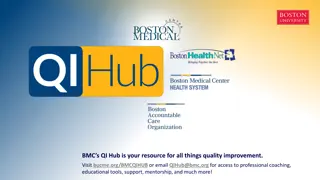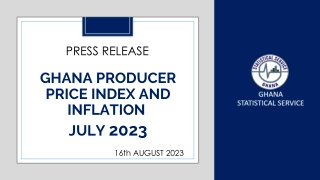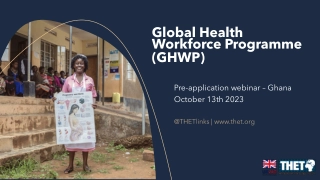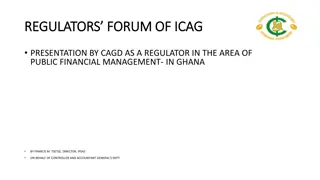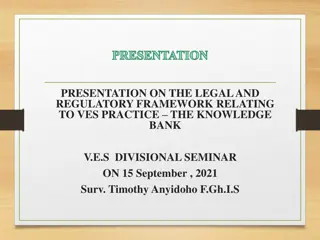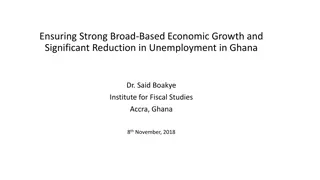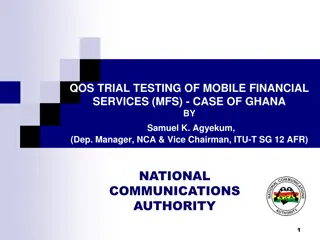Stakeholder Engagement in Rare Diseases: Key Role in Ghana
Rare diseases in Ghana present significant challenges such as lack of awareness, insufficient data, delayed diagnosis, and limited treatment options. To address these issues, collaborative efforts involving multiple stakeholders are essential. Actions are needed to enhance health education, improve access to genetics services, empower patients, and secure government commitment. The collaborative model involves engagement with regulators, policymakers, healthcare providers, patient support groups, researchers, and industry partners. By working together, stakeholders can achieve mutual benefits and effectively address the diverse needs of the rare disease community in Ghana.
Download Presentation

Please find below an Image/Link to download the presentation.
The content on the website is provided AS IS for your information and personal use only. It may not be sold, licensed, or shared on other websites without obtaining consent from the author. Download presentation by click this link. If you encounter any issues during the download, it is possible that the publisher has removed the file from their server.
E N D
Presentation Transcript
Multi-stakeholders engagement and how they play a key role in rare diseases in Ghana Samuel Agyei Wiafe Executive Director, Rare Disease Ghana Initiaitve
Presentation outline The Challenge with Rare Diseases Actions needed for Rare Diseases The Collaborative Model Conclusion
The Challenge with Rare Diseases Lack of Awareness Lack of Data Diagnosis is often difficult and delayed. Rare Diseases Disproportionately affect children Few Treatment Options and Lack of Access Mental & Psychosocial challenges Poorly resourced and coordinated Health Care Lack of community & Support Groups Lack of trust in Health and social systems
Actions needed for Rare Diseases Enhance health education for health professionals, policy makers and general public. Enhance newborn screening and prenatal diagnosis methods Promote and improve access to genetics services including genetic counselling. Enhancing Data and Surveillance of undiagnosed, congenital, genetic and rare disorders while ensuring ethical sharing of data among different stakeholders. Enhancing patient engagement and participation in care, policies and research. Enhance equitable access to available therapies and treatments Securing government will and commitment.
THE COLLABORATIVE MODEL Contact us REGULATORS & POLICY MAKERS GOVERNMENT AGENCIES, PATIENT/CAREGIVER Please visit our website to find out more: PATIENT SUPPORT GROUP/ ADVOCACY ORGANISATIONS CLINICIANS, ACADEMIC AND RESEARCHERS [Insert website] CLINICAL CENTERS, ACADEMIC & RESEARCH INSTITUTIONS INDUSTRY NGO, DIAGNOSIS & SCREENING FOUNDATIONS & DEVELOPMENT PARTNERS AWARENESS, EDUCATION & TRAINING COMMUNITY REHABILITATION DATA & REGISTRY WELLBEING, EMPOWERMENT & CARE COORDINATION THERAPEUTICS, TREATMENT ACCESS &CLINICAL TRIALS
Conclusion The needs and challenges of rare disease community are diverse and requires a strong deliberate collaboration of all stakeholders to address them.
